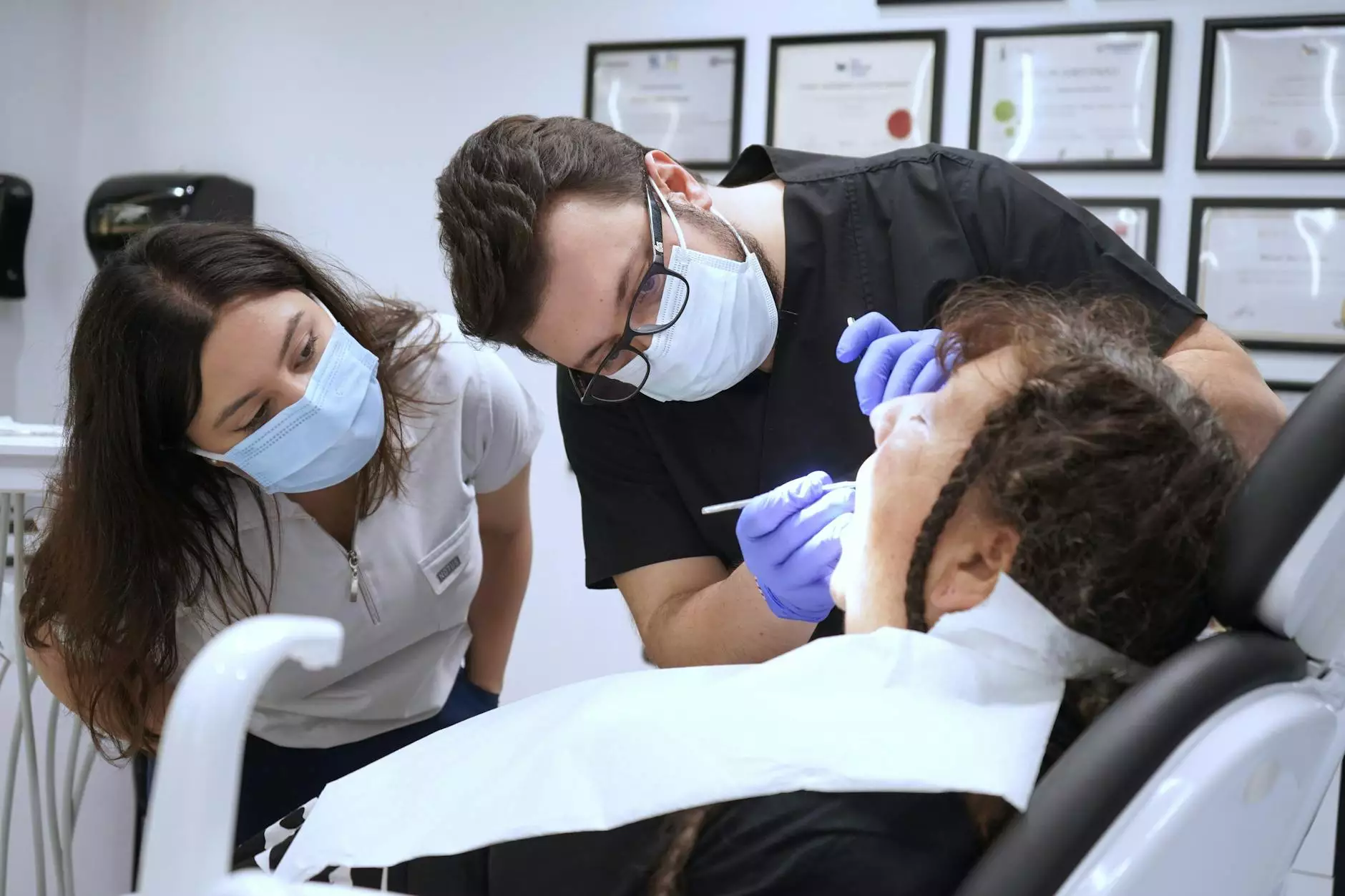Become a Certified Coder: Your Path to a Promising Career in Medical Billing and Coding

The world of medical billing and coding is rapidly growing, presenting exciting career opportunities for individuals looking to make a mark in the healthcare industry. If you’re contemplating a career change or aiming to enhance your professional qualifications, learning how to become a certified coder is a strategic move. This article will guide you through the essentials of medical coding, the benefits of certification, and the steps you need to take to achieve your goals.
Understanding Medical Billing and Coding
Before diving into the certification process, it's crucial to understand the roles of medical billing and coding. These two disciplines, while closely linked, have distinct functions in healthcare financing.
What is Medical Coding?
Medical coding is the process of translating healthcare diagnoses, procedures, and equipment into universal medical alphanumeric codes. This process is essential for:
- Ensuring accurate and consistent medical records.
- Facilitating the reimbursement process from insurance companies.
- Analyzing healthcare data for various purposes, including research and quality assurance.
What is Medical Billing?
Medical billing, on the other hand, involves the submission of claims to health insurance companies, following the guidelines set by the coding. It requires an understanding of healthcare laws and guidelines to ensure that medical practitioners are compensated for their services.
The Importance of Becoming a Certified Coder
With the increasing complexity of healthcare services and the rise of electronic health records, certified coders are more in demand than ever. Here's why you should consider pursuing this path:
1. Enhanced Job Opportunities
Obtaining a certification signals to employers that you possess the necessary knowledge and skills. The demand for certified coders is expected to grow, creating numerous job opportunities across various settings, including:
- Hospitals
- Physician’s offices
- Insurance companies
- Government agencies
- Billing companies
2. Competitive Salary
Certified coders often earn higher salaries compared to their non-certified counterparts. According to the latest data, a certified coder can earn anywhere between $45,000 and $70,000 annually, depending on experience and location.
3. Career Advancement Opportunities
Certification can open doors to advancement opportunities within the healthcare field. Certified coders can further specialize in areas such as:
- Outpatient Coding
- Inpatient Coding
- Professional Fee Coding
- Coding Auditing
4. Professional Credibility
Becoming a certified coder enhances your professional credibility. Employers and peers alike recognize certification as a mark of competence and commitment to the profession.
Steps to Become a Certified Coder
Now that you understand the benefits, let’s look at the steps you need to take to become a certified coder.
1. Research Different Certification Organizations
The first step in the journey to become a certified coder is to understand the various certification organizations available. The two most recognized are:
- The American Academy of Professional Coders (AAPC): Offers a Certified Professional Coder (CPC) designation.
- The American Health Information Management Association (AHIMA): Offers the Certified Coding Specialist (CCS) credential.
2. Choose a Course
Enrolling in a comprehensive course is crucial. These courses typically cover the following key topics:
- Anatomy and Physiology
- Medical Terminology
- Health Insurance and Billing
- ICD, CPT, and HCPCS Coding Systems
At PMBA USA, we offer specialized courses designed to equip you with the skills needed to excel in medical billing and coding.
3. Gain Practical Experience
Hands-on experience is vital. Many training programs offer clinical rotations or internships which provide exposure to real-world coding scenarios. This experience helps solidify your understanding of coding practices.
4. Prepare for the Exam
Once you have completed your training, the next step is to prepare for the certification exam. Here are some effective study tips:
- Join a study group to share insights and resources.
- Utilize online resources and practice tests.
- Create a study schedule that allows ample time for review.
5. Take the Certification Exam
After thorough preparation, register and take the appropriate certification exam. Ensure you understand the passing criteria and re-examination process.
6. Maintain Your Certification
Once you have achieved your certification, maintaining it is essential. Most organizations require a certain number of continuing education units (CEUs) to be completed every few years. This ensures you stay up-to-date with coding practices and industry changes.
Key Skills for Successful Medical Coders
To thrive in the field of medical coding, certain skills are paramount. Here’s what you should focus on:
1. Attention to Detail
Medical coding requires meticulous attention to detail to ensure accuracy in coding diagnoses and procedures. Mistakes can lead to significant financial consequences for healthcare providers.
2. Analytical Skills
Coders often need to analyze complex medical data and identify the correct codes, making strong analytical abilities essential.
3. Communication Skills
Certificates may need to interact with healthcare professionals and insurance providers. Effective communication ensures clarity and accuracy in coding and billing processes.
4. Knowledge of Medical Terminology and Procedures
A solid grasp of medical terminology, human anatomy, and health information technology are vital for coding accurately.
Future Trends in Medical Coding
The landscape of medical coding is evolving with new technologies and practices. Here are some trends to watch:
1. Increased Use of Technology
As technology advances, coding software and electronic health records (EHRs) are becoming more sophisticated, streamlining the coding process. Familiarity with these technologies will be important for aspiring coders.
2. Emphasis on Outcome-Based Coding
Healthcare is shifting towards a model that focuses on patient outcomes, leading to the need for coders who can navigate and adapt to these changing payment models.
Conclusion
The journey to become a certified coder is rewarding, paving the way for a fulfilling career in the growing field of healthcare. By equipping yourself with the right skills, education, and certification, you can unlock a multitude of opportunities that not only offer financial stability but also the chance to make a significant impact in the healthcare industry.
For more information about our courses and how to get started on your path to becoming a certified coder, visit pmbausa.com.









